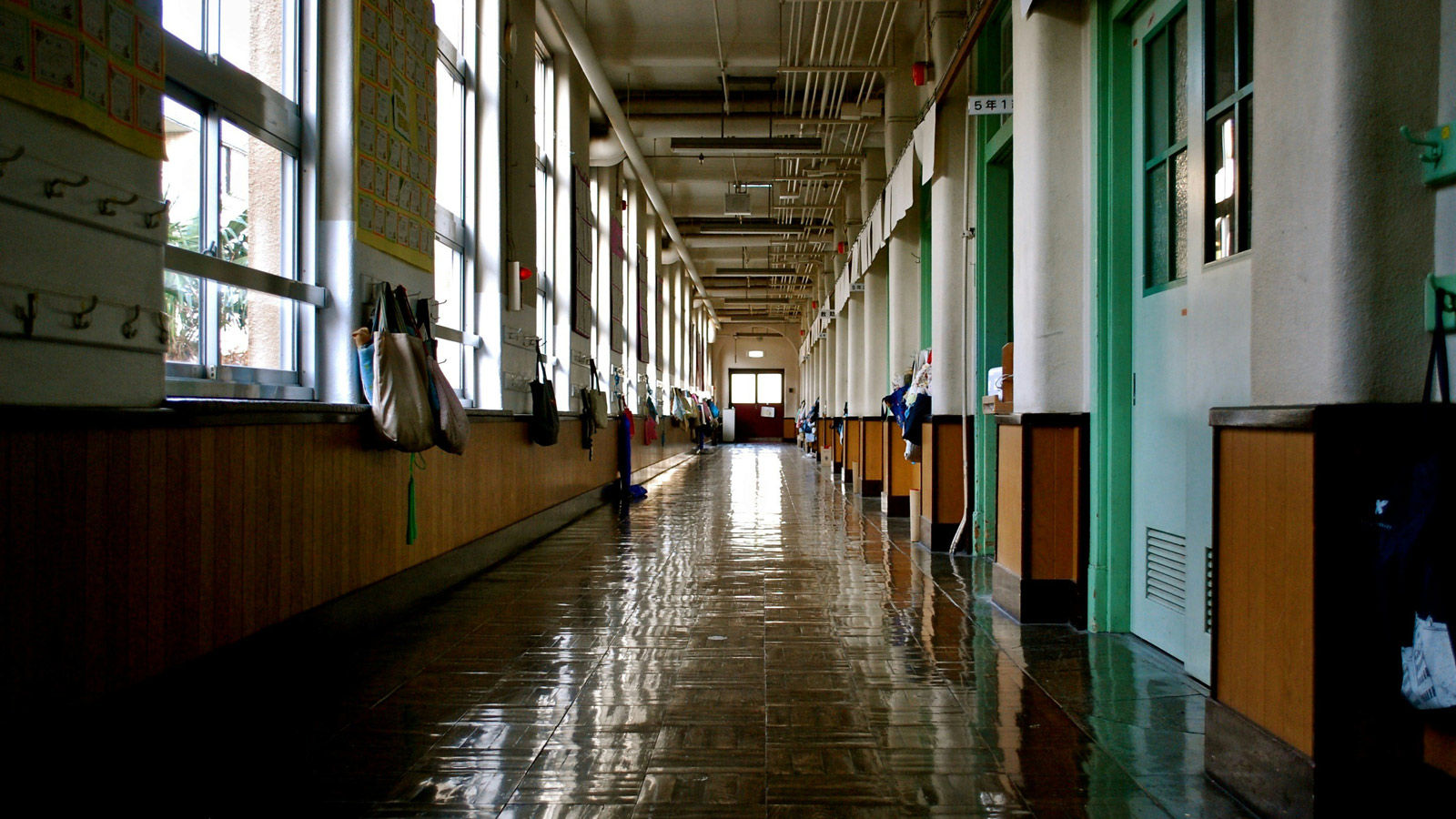The past several years have been marked by increasing debates over what constitutes appropriate content within educational settings. Across the country, classrooms are becoming the epicenters of a broader conversation about the boundaries of expression and intellectual freedom. We sat down with Katie Day, our Chief Research Officer and K-12 programs specialist, to discuss censorship in the classroom and the importance of developing robust policies that safeguard critical inquiry.
Interviewer: What have been some of the key impacts you've observed from the recent wave of book bans and challenges on educators and students?
Katie: I'd say one of the main impacts on educators is that they are increasingly cautious about their curriculum choices, and they are in turn looking to district leaders to craft and enforce materials review policies that protect intellectual freedom. Challenges to educational materials can bring increased stress and uncertainty as teachers navigate between administrative directives, legal challenges, and their own professional judgments about how best to educate and engage their students. The potential for self-censorship rises as teachers might avoid certain topics or books not because they don't see their educational value, but because they fear backlash or professional repercussions.
The narrowing of accessible educational content can also impact student engagement and motivation. When students don't see themselves or their interests reflected in their learning materials, or when they perceive their education as being subject to external censorship, their investment in the learning process can diminish.
Interviewer: How can educators and schools effectively communicate the importance of academic freedom and inclusive education to parents and policymakers?
Katie: This kind of communication is very difficult. It takes a lot of time to get it right; there's no way to fast-track these discussions. It requires investment in institutional transparency and accountability, and it demands that we set aside a lot of time for listening to input from a diverse group of stakeholders, including educators, librarians, parents, and students when appropriate. Teachers and schools need time to showcase how academic freedom and inclusive education align with core educational values like curiosity, empathy, and resilience. Parents and community members need an avenue to express concerns and have them addressed thoughtfully. By facilitating ongoing conversations, schools can demystify what academic freedom and inclusive education entail and why they're crucial for fostering a rich learning environment.
Interviewer: What role do school administrators play in the process of supporting academic freedom and inclusive education?
Katie: School administrators play a crucial role in this process; they are the bridge between educational policy and classroom practice. First and foremost, they should be champions of academic freedom and inclusive education on behalf of their students. This means not only defending these principles publicly but also ensuring that their school's policies and practices actively support them. They should provide clear, consistent guidance on the selection and use of educational resources that aligns with the commitment to academic freedom and inclusivity. Administrators need to be proactive in communicating these policies to both staff and the wider school community, clarifying the rationale behind them and the educational benefits they offer.
Another key area is professional development. School administrators should facilitate ongoing training and resources for teachers to navigate the complexities of incorporating a wide range of materials in their teaching. This could include workshops on handling sensitive topics, strategies for fostering critical thinking and empathy among students, and understanding the legal aspects of academic freedom.
Ultimately, the role of school administrators is to safeguard the educational mission of their schools, ensuring that it is not compromised by external pressures. Fostering an environment where questions and concerns are addressed openly and respectfully can prevent the leap to censorship.
Interviewer: How should educators involve students in discussions about book challenges and censorship, and what role can students play in advocating for intellectual freedom?
Katie: Students can play a significant role by becoming informed about the issues, expressing their viewpoints in school forums or publications, and even participating in school board meetings. Encouraging student-led book clubs or reading groups that focus on challenged books can also be a powerful statement in favor of intellectual freedom. By empowering students to speak out, educators can help students learn to take an active role in shaping their own learning.
Interviewer: What strategies do you recommend for educators who want to introduce complex or controversial topics in their classrooms without triggering censorship or backlash?
Katie: It's crucial for educators to approach these discussions with a blend of preparation, clear educational goals, and sensitivity to the school community's background. Establishing a classroom environment that values respectful dialogue and creating structured discussion formats can guide students through exploring diverse viewpoints. Communicating with parents about the objectives and educational value behind these discussions can help mitigate concerns. It isn’t possible to circumvent every conflict, but by fostering an atmosphere of trust and openness, educators can navigate these challenges effectively. Proactive communication and a commitment to educational integrity can transform potentially contentious issues into opportunities for deep, meaningful learning. Ultimately, the goal is not to avoid controversy but to use it as a catalyst for growth, preparing students to navigate the diverse and often divided world they will inherit.
If your district or school is undertaking a materials policy review or navigating challenges to books and educational content, we're interested in partnering with you. Contact us to get started.
